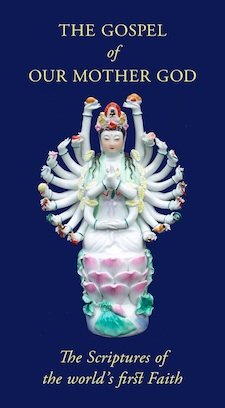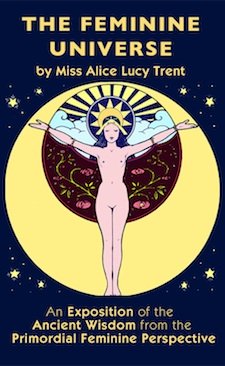Science, Truth, and Logic
A Note on the "Reduction to Discomfort"
Can science teach us truth? And if not, why does it think it can?
Honoured Lady Aquila Writes
In your piece on The Origin of the Universe, you make an extremely important point about the reduction to discomfort principle which promotes some further interesting reflections. Please forgive me for quoting at length:
The "big bang" theory itself adheres strictly to the methodology of physical science and bases itself both on evidence and on a certain very fundamental and unprovable assumption. This assumption, the Copernican Principle, is that observers located anywhere in the universe would make similar observations. In other words, that the laws of physics are uniform throughout both time and space. Any honest physicist will admit that there is no evidence for, and no adequate reason for believing, this hypothesis.Why then is the Copernican Principle adhered to? The truth lies in another principle that has been described as the reduction to discomfort. The well-known reductio ad absurdam – reduction to absurdity – is a logical method which pursues a line of hypothesis until it leads to self-contradictory or impossible ("absurd") results. The hypothesis can then logically be discarded.
The reduction to discomfort, or to agnosis, means that a hypothesis, if pursued to its logical conclusion, would mean that we cannot know the answer. This is not a logical ground for discarding the hypothesis, but it is an emotional ground for doing so.
Since physical science (as indicated by its adoption of the unqualified term "science") wants to know things, it discards those hypotheses that would lead to a state of agnosis. In other words, "science", which is generally regarded as unemotional and strictly factual, has an emotional need as the basis of some of its most fundamental hypotheses.
The psychology of this is fascinating. The revolutionary rationalism that has dominated the West since the 17th century has tended to give rise to three propositions in descending order of validity.
1) "Science" shall restrict itself exclusively to the evidence provided by the five senses.
Validity: Methodological decision. Valid2. Only knowledge gained through the material senses can be treated as certain.
Validity: Ideological position not shared by any other culture. Circular argument – its truth can be proved only if you accept its truth to begin with.
The first of these is valid as a method. The second is unprovable and tendentious but logically consistent.
Unfortunately this leads to a third (unstated but generally accepted) proposition:
3. Since we must be capable of knowing all truth, the evidence of the senses, plus the action of our reason upon them, must be, in principle, capable of knowing all that can be known.
Validity: Invalid and logically meaningless. The musts here express desires, not logical imperatives.
So why is this third proposition so "religiously" adhered to? To be fair, some philosophers of science have not adhered to it. Some have said, for example, that since our reason has evolved in order to assure our survival, its statements have only survival-value, not truth-value. There is no reason to suppose that our reason corresponds to any objective reality, only that it helps us to survive.
This is logically consistent. Its corollary is that for a purely material science, the word "truth" is meaningless. Only the word "effectiveness" can properly be used.
But the so-called "scientific world-view", upon which modern Western culture is based, is entirely wedded to the notion that "science" (treated almost as a body of revealed knowledge) is "true" – and indeed the only certain and provable truth.
Where does this concept of "truth" come from? From metaphysics. The human mind, as a reflection of the Divine Light, is capable of knowing all things. That is, the contemplative Solar Intelligence in maid has that capacity. Her earthly reason has not.
So why does the popular "scientific world-view" cling on to the entirely unscientific notion of "truth"? Because maid is created for truth. It is in her nature to seek truth. And when she adopts an ideology that logically denies the existence of truth, she must twist it out of logical shape in order to preserve her inborn certainty that she can know truth.
The "reduction to discomfort" comes about because the human mind will not be denied truth, even when the truth is a false truth and logic is mutilated in the process.
See also:
Philosophy, Beauty, and Truth — Why Beauty is Truth and Aesthetics are Inadequate.
Send us your questions or comments
Chapel of Our Mother God Homepage
All written material at the Chapel of Our Mother God is copyright. Should you wish to reproduce any portion please contact us for permission.
Facebook or Twitter
This section:
Ancient Truth and Modern Thought
Gospel of Our Mother God
The Gospel of Our Mother God is a collection of inspirational texts, prayers and daily inspiration for the Mother-Faith devotee or household.
The Feminine Universe
The Other Philosophy
Everything you have ever heard comes out of the patriarchal world-view. Its materialism, its religion, even its feminism. Here is the other way of seeing the world; the natural way: the way that everyone saw things before patriarchy and will again when patriarchy is long forgotten.

